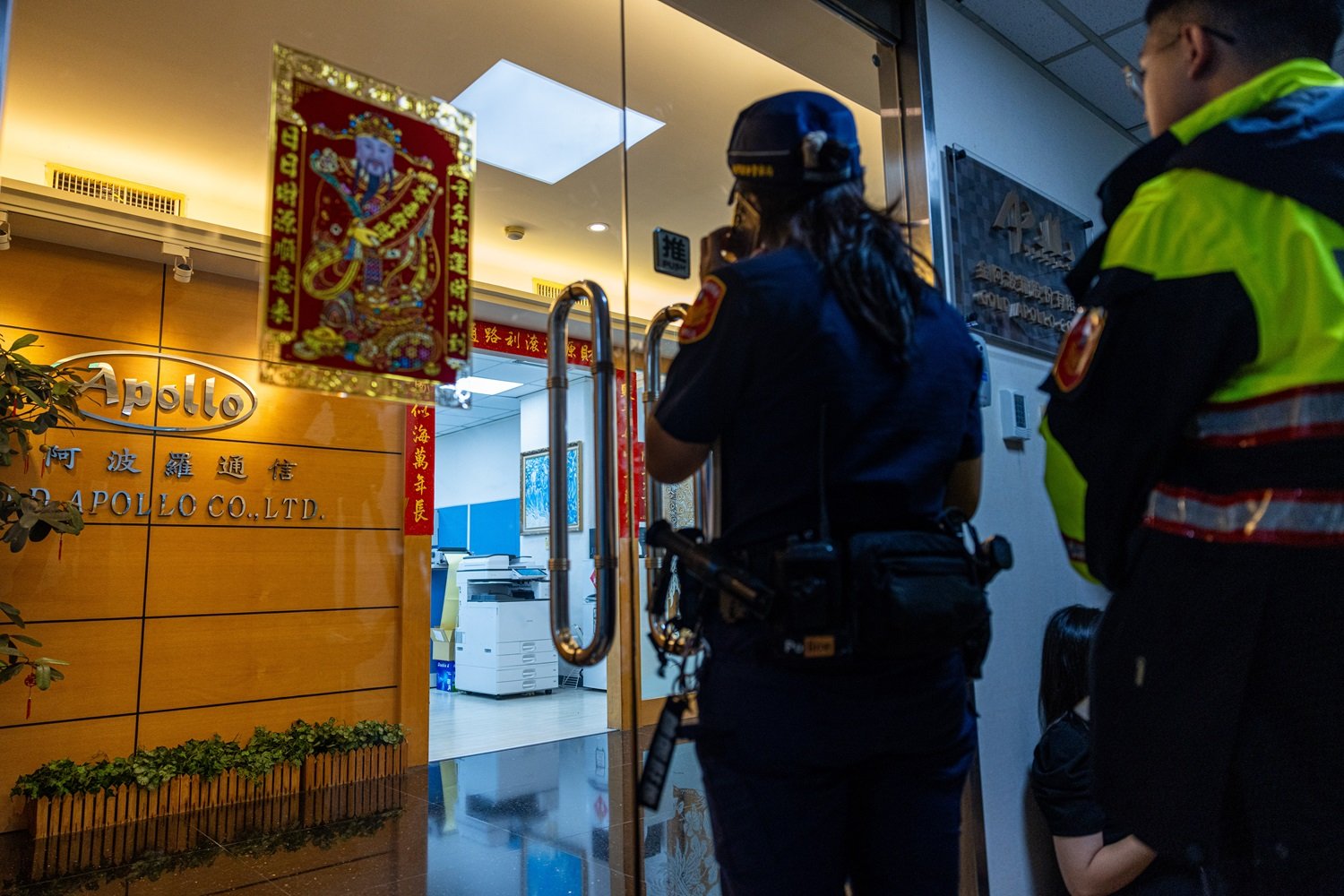
Yesterday pagers exploded across Lebanon as part of a coordinated attack against Hezbollah. At least 12 people have died and thousands have been injured in the aftermath. Area hospitals are struggling to keep up.
The pagers began beeping at 3:30 p.m. local time on Tuesday. Reports from the ground said that people believed they had received a message from Hezbollah leadership. Seconds after the beeping began, the beepers exploded causing injuries to the owners and bystanders. According to Lebanese health officials, the blasts injured 1,850 people in Beirut, 150 in Bekka, and 750 in Southern Lebanon. An NGO in Syria said that 14 people were injured there.
Fourth grader Fatima Abdullah, a nine-year-old girl, was one of two children who died in the attack. According to the New York Times, she saw the pager go off and picked it up to show to her father. She was holding it when it exploded. The blasts also injured Mojtaba Amini, Iran’s ambassador to Lebanon, who lost one of his eyes in the explosion.
Israel has neither confirmed nor denied its involvement in the attack, but the world assumes that
Jerusalem is responsible. Hezbollah and the civilian leadership of Lebanon have blamed Israel and promised retribution. The United States said it was not involved in the attack, nor was it aware.
What’s a pager? Where did these come from?
A pager, or a beeper, is a small and simple telecommunications device. It’s typically a little plastic brick with an LCD screen and a speaker. Most of them only receive messages, and often simple messages like a string of numbers. They were popular throughout the 1980s and 1990s, which eventually led a moral panic in America during their heyday because of their association with drug dealers.
As cell phones became ubiquitous, the beeper died the slow death that comes with any old technology. But there were still use cases for the old device. Pagers transmit and receive signals via radio frequencies. That means if cellphones or Wi-Fi go down, a pager still works. They also don’t have GPS trackers, cameras, or any of the other dozens of pieces of tech that generate telemetric data.
For these reasons, pagers are perceived as more sturdy and secure than traditional communications devices. Beepers are common in American hospitals where doctors and nursing staff use them to communicate daily.
“You can throw them in the toilet. You can drop them. And they run on a AA battery…like, forever. And they’re cheap. They’re like the cockroaches of communication,” a doctor told NPR in 2023.
“Also, pagers get better service. They run on different wireless networks than cellphones, so they’re more reliable in an emergency,” another explained.
The qualities that make them valuable to doctors have also made them prized by transnational drug cartels, criminal organizations, and militant groups like Hezbollah. Lebanon’s military has been fighting with Israel off and on for five decades. Israel’s intelligence services are good at what they do and there’s a perception that any cellphone or internet-connected device is vulnerable to attack. In February, Hezbollah’s leader Hassan Nasrallah decried cell phones in a speech.
A beeper was supposed to be far more safe and secure.
The beepers used in the attack are the Gold Apollo Rugged Pager AR-924. According to a YouTube video marketing the thing, its battery is supposed to last 85 days on a single charge, its LED backlit screen is readable in direct sunlight, and it can survive after being submerged in water.
The AR-924 is the product of the Gold Apollo company in Taiwan. Hours after the attack, when people had identified the model of the pagers used, Gold Apollo’s website crashed. Gizmodo attempted to reach the company but did not hear back. Journalists from around the world descended on Gold Apollo’s offices in Taiwan, however, and heard the strange story of how the pagers came to be used in the attack.
“This is very embarrassing,” Hsu Ching-kuang, the company’s founder, told journalists when they arrived on Wednesday.
To hear Hsu tell it, his company didn’t make these pagers at all. Hsu told NPR that a mysterious woman named “Teresa” approached him three years ago on behalf of a company called BAC Consulting.
Terese negotiated a contract that would let BAC Consulting sell Gold Apollo pagers in other markets and, crucially, use the company’s logo on beepers it manufactured itself.
“They said they wanted to cultivate a cohort of engineers,” Hsu told NPR. “I told them, the stuff you make is neither easy to use nor is it aesthetically pleasing. Why not just use my products?”
Hsu said that Terese and BAC were a pain to deal with and that some of the payments were routed through bank accounts in the middle east that were flagged by Taiwan. Journalists tracked BAC Consulting back to an office building in Hungary, but haven’t been successful in contacting its supposed owner. Zoltan Kovacs, a spokesperson for the Hungarian government, released a statement this morning.
‼️ 🇭🇺 The Hungarian government’s position on the “pager issue”: authorities have confirmed that the company in question is a trading intermediary, with no manufacturing or operational site in Hungary. It has one manager registered at its declared address, and the referenced…
— Zoltan Kovacs (@zoltanspox) September 18, 2024
If Israel is responsible for this, as seems likely, then it’s a sophisticated supply chain attack that took years to plan and pull off. Experts have noted that the Apollo Gold’s battery is not big enough to deliver the kind of explosive power seen in the attack and that it’s likely explosives were added during the manufacturing process.
Hezbollah has been launching rockets into northern Israel since the attacks on October 7 of last year. On Wednesday, it announced that it had once again hit Israeli artillery positions along its border.
Trending Products




